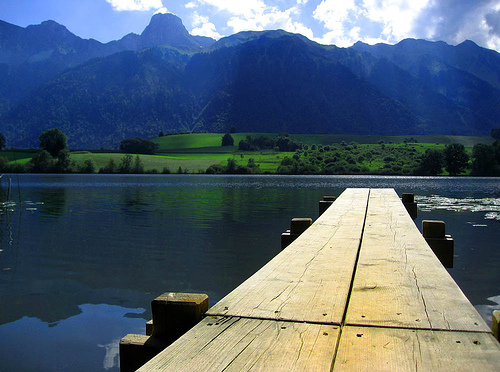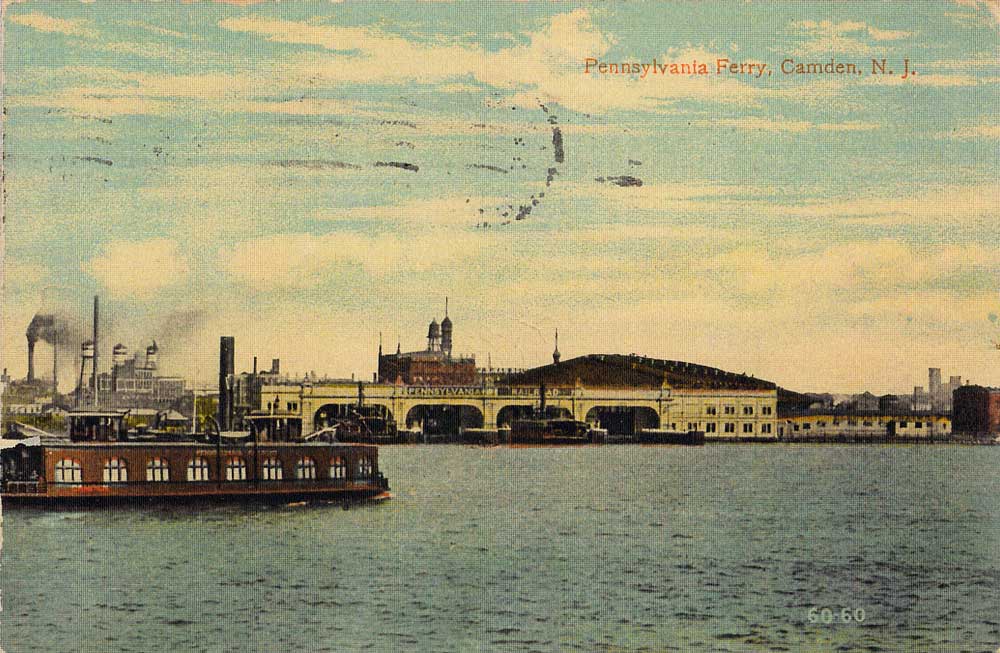Vistor’s Script Nadia and Jen
Whitman and the Natural World[1]       
         Walt Whitman’s writing has been greatly influenced by the natural world. Nature makes a presence that only Whitman can depict from either an overly sexualized manner or beautiful simple observations while being in nature. We will discuss how Whitman and nature are one in the same. In Specimen Days, in his later works he wrote beautiful poems and proses about the natural world. We will try to put into words as best as we can how we interpret his writings and put it into today’s standards.
¬†¬†¬†¬†¬†¬†¬† The first poem we will discuss that stood out to us is A Sun Bath-Nakedness. From the name you can get a sense that this is Whitman at his solace, ‚ÄúI slowly hobble down these country lanes and across fields, in the good air- so I sit here in solitude with Nature- open, voiceless, mystic far removed, yet palpable, eloquent Nature‚ÄĚ (Whitman 830). You don‚Äôt get a feel for people just being themselves in nature anymore; connected to it and having deep feelings for it also. We feel that in this particular scene,¬†Whitman was trekking through a vast opened space taking in Nature‚Äôs beauty and excepting it with all its wonders, no questions asked.¬†
             Nature was naked and I was also. It was too lazy, soothing. and joyous- equable to speculate about. Yet, I might have thought somehow in this vein: Perhaps the inner never lost rapport we hold with earth, light, air, trees, &c., is not to be realized through eyes and mind only, but through the whole corporeal body, which I will not have blinded or bandaged any more than the eyes. Sweet, sane, still Nakedness in Nature! (Whitman 831).
        This one quote solidifies everything we interpret Whitman and his thought process about nature is. We dug a little deeper with his writing to see the symbolism with the first line he used. We wanted to find out what he meant by Nature being naked. We didn’t see the personification he embeds with it the first time we read it. He gave nature this human like quality that makes is easier for people who aren’t into nature a way to bond with nature as he had done. We wanted to be free in mind, body and spirit with ourselves without a care in the world. we wanted to show our true selves to the world to see that we who we are and to take us as we are, the good, bad and ugly. Naked. 
¬†¬†¬†¬†¬†¬†¬†¬†¬† Christopher Clause, a critic, wrote about how his views about Nature and Whitman also. We wanted a twist on how others might view him and he goes on to say, ‚ÄúNature shares in the human fall and has altogether lost any independent selfhood. The only self that matters is the fatally flawed human one.‚ÄĚ (Clause). We gathered this from his article, Whitman, Hopkins, and the World’s Splendor. We understood his statement to be that the only thing that has matter in this world is one‚Äôs self. To Whitman he wanted everyone to see that everything, micro and macro, in the world has the utmost importance.¬†¬†
¬†¬†¬†¬†¬†¬† The next prose we will talk about will be Scenes on Ferry and River- Last Winter‚Äôs Nights. This prose was a simple observation I myself enjoy to do myself on every day to day travels. He mentions the people and animals as if they were the only things that mattered. ‚ÄúAnother– for two hours I cross‚Äôd and recross‚Äôd, merely for pleasure- for a still excitement‚ÄĚ (Whitman 859). His simplistic joys remind me of a child with no stress in the world. Within this prose it goes through a two month period of time. The one month he wrote about painted a beautiful picture was in Night of March 18, ‚Äô79:
As we walk’d up and down in the dark blue so mystic,
            As we walk’d in silence the transparent shadowy night,
            As I saw you had something to tell, as you bent to
                        me night after night,
            As you droop from the sky low down, as if to my
                        side, (while the other stars all look’d on,)
            As we wander’d together the solemn night (Whitman 860).
Each word he uses is strategically placed to illustrate the reader an ending to a long journey on the ferry. The words have this double meaning that makes this prose/poem seem almost dream like.
            Walt Whitman wrote about Camden, equality, war, and his love for America. Most off all he wrote about nature with its mysteries and beauty. He wrote with such love for nature it is apparent from his writing; it’s as if nature was writing about itself.
 
 
 
 
¬†¬†¬†¬†¬†¬†¬†¬†¬†¬†¬†¬†¬†¬†¬†¬†¬†¬†¬†¬†¬†¬†¬†¬†¬†¬†¬†¬†¬†¬†¬†¬† Work’s Cited
Clausen, Christopher “Whitman, Hopkins, and the world’s splendor.” Sewanee Review 105.2 (1997): 175. Academic Search Premier. EBSCO. Web. 2 Dec. 2009.
Whitman, Walt. Whitman Poetry and Prose. N.Y: Literary Classics of The United States, Inc, 1996. Print
December 03 2009 04:20 pm | Uncategorized

